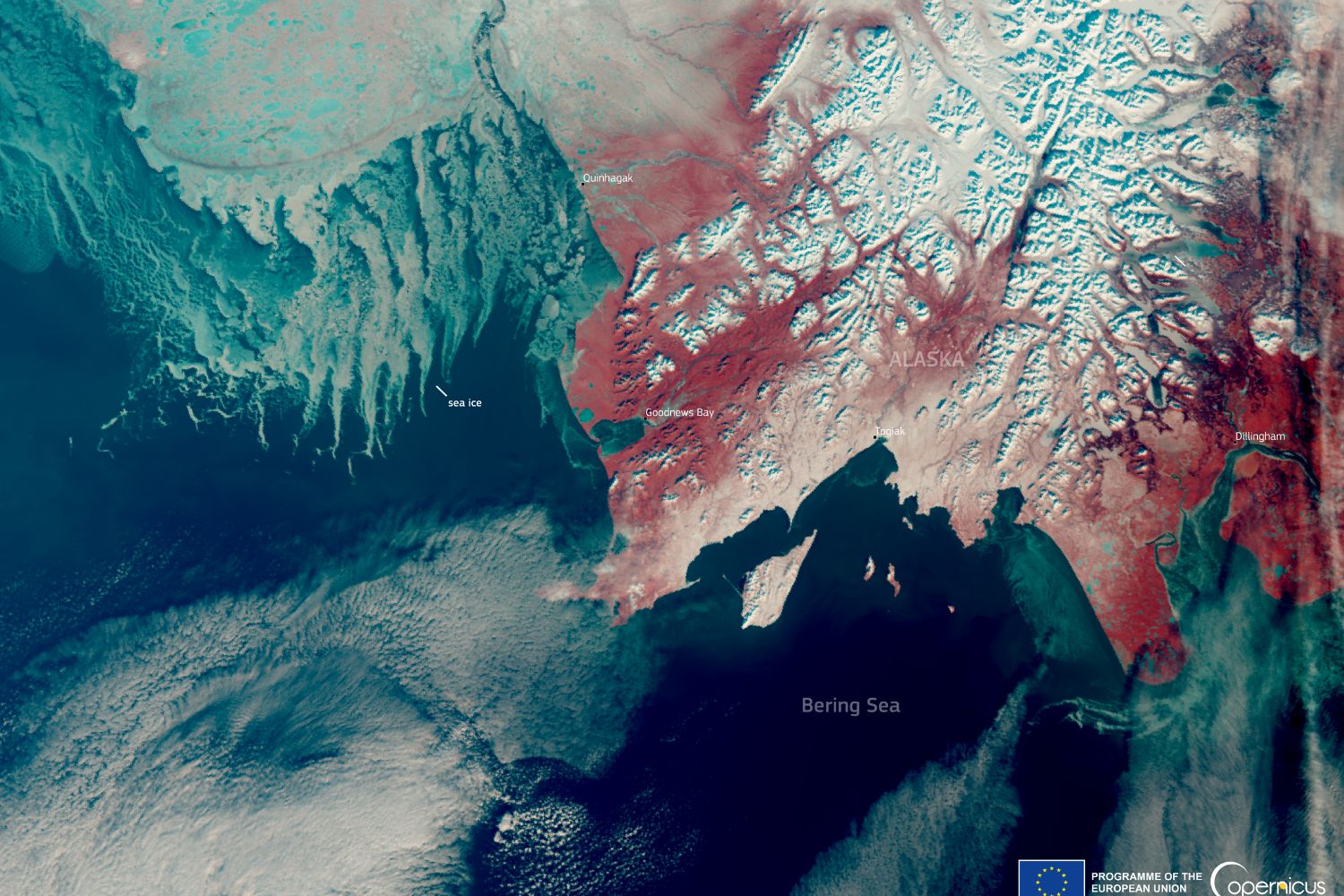A new study reveals the presence of pharmaceuticals and personal care products in the waters of an Arctic fjord in Svalbard. Aquatic organisms that live in this particular marine ecosystem are at risk

@European Union, Copernicus Sentinel-3 images
A new paper in Science of The Total Environment has found traces of pharmaceuticals and personal care products in wastewater and marine in Kongsfjorden, which is a fjord located in the Arctic archipelago of the Svalbard Islands.
This is what emerges from a research published in the journal Science of The Total Environment, coordinated by the Institute of Polar Sciences of the National Research Council in Rome (CNR-ISP) and carried out in collaboration with the Sapienza University of Rome and the Norwegian research institute Sintef Ocean.
The investigation detected a range of substances, including antibiotics, antipyretics, hormones, anti-inflammatories, antiepileptics, stimulants, disinfectants, caffeine, and insect repellents, in seawater and wastewater from the world’s research stations in Ny-Ålesund.
These compounds have shown high persistence in the marine environment, driven by Arctic processes that slow down natural degradation pathways, Cnr-Isp researcher Jasmin Rauseo explains. “Through an ecological risk assessment, we discovered that the mixture of these contaminants can be toxic to aquatic organisms at various trophic levels of the food chain, interfering with the endocrine and hormonal apparatus, with a potential increase in antibiotic resistance.”
The study also blames the occurrence of these chemicals on the lack of proper wastewater treatment plants. The environmental persistence of these pollutants is also facilitated by the low temperatures and weak sunlight in the region.
This evidence is indicating a potential long-term risk to both populations and Arctic ecosystems. The Arctic ecosystem is already plagued by the occurrence of new pollutants for which global containment has yet to be implemented.
It is therefore urgent to reinforce monitoring programs, especially those researches that can provide support to international policies for reducing pollution in Arctic seas and protecting their unique and vulnerable biodiversity, states Luisa Patrolecco, Cnr-Isp researcher who coordinated the research group.
